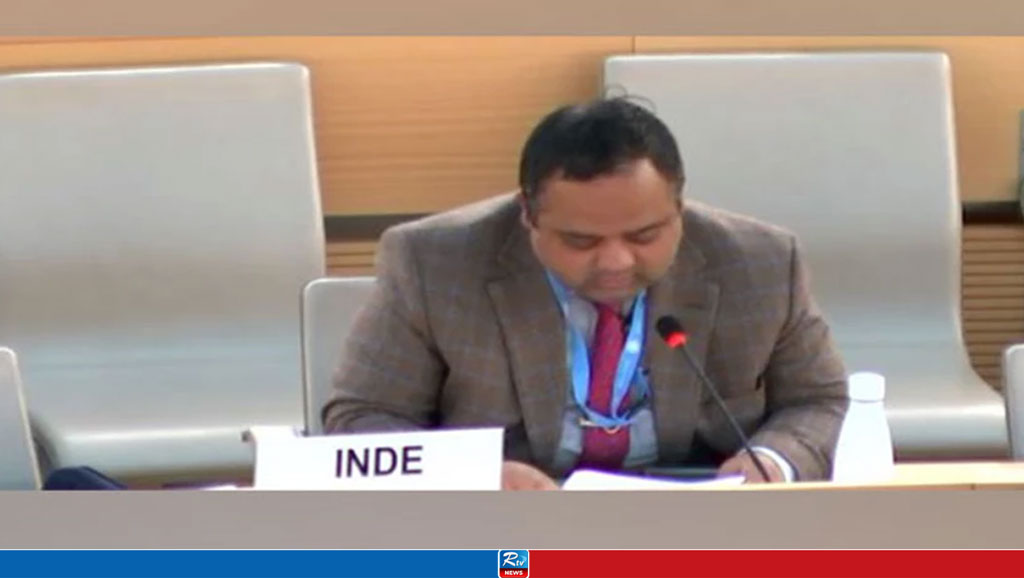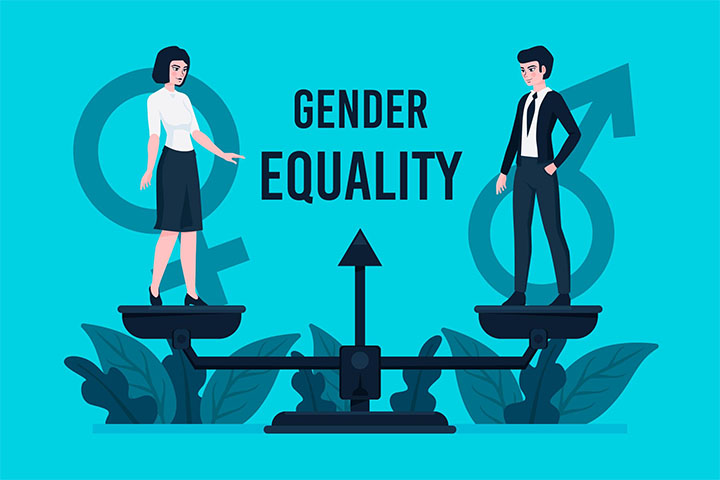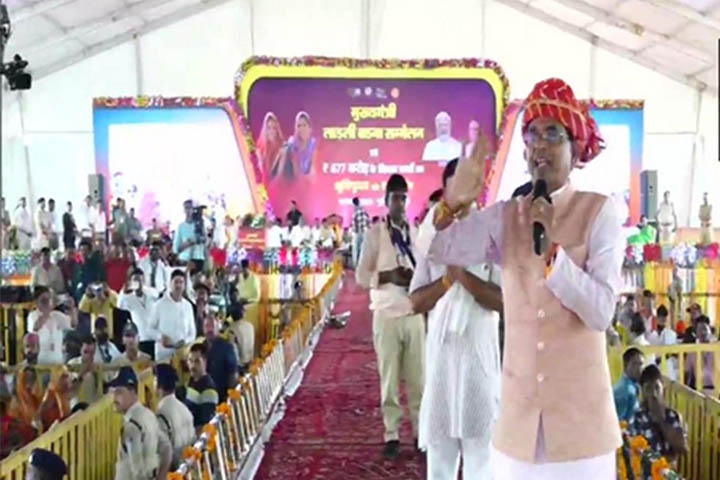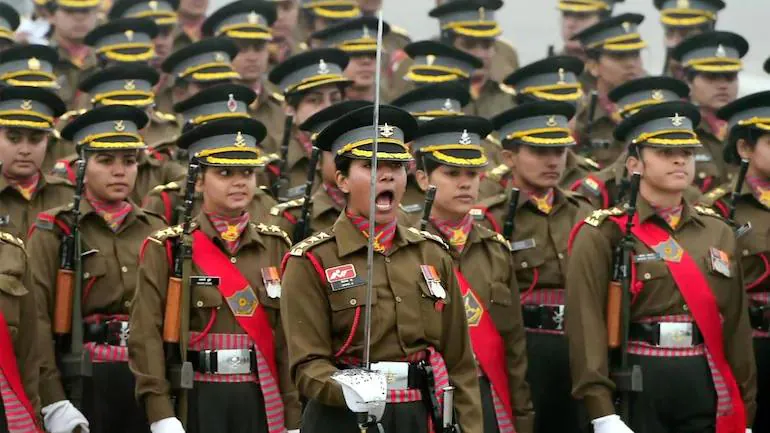Rising gender violence in Middle East
Recent high-profile cases of women being killed in Jordan and Egypt for rejecting marriage proposals have sparked widespread anger about femicides and fueled a growing debate about women's rights and safety. Basma, who studies at Cairo’s Mansoura University, still hasn’t come to terms with the shock murder of a fellow student 10 days ago near the campus. I am still terrified and so far, I am not able to leave my home, the 27-year-old, who didn’t want to give her full name, fearing retribution, told DW.
On June 20, 21-year-old Egyptian student Naira A. was killed by a man whose marriage proposal she rejected. CCTV footage and smartphone videos of at least a dozen witnesses show 27-year-old Mohamed A. stabbing Naira A. with a knife in broad daylight until bystanders intervened and detained him till the police arrived. The Mansoura Criminal Court found Mohamed A. guilty of premediated murder and sentenced him to death. The court has now referred the case to Egypt’s Grand Mufti, Egypt’s top theological authority, who is to give his legal opinion on the indicated death penalty in the next few days. Chances are high that the verdict will be confirmed, as Mohamed A. has already confessed to killing Naira A. for being rejected after a marriage proposal.
The case has sparked an outpouring of anger across Egypt and on social media, with users demanding justice and decrying incidents of femicide in the Arab world. The killing also points to an upsurge in femicide and violence against women in Egypt. While the harassment of women in public places has received national attention in recent years, domestic abuse remains largely hidden from view and primarily untouched by policies and programs, Habiba Abdelaal, an expert on women’s rights, told DW. That is reinforced by a report by the Egyptian Edraak Foundation for Development and Equality from February this year. It states that Egypt has witnessed a notable rise in gender-based violence with 813 cases of violence against women and girls in 2021, compared to 415 in 2020. Violence is endemic, Violence against women is endemic in Egypt and the Middle East, Abdelaal said. For her, it is obvious that Naira’s killing was not an isolated incident and it won’t be the last, she added. And yet, the fact that Naira A.’s case is still in the spotlight after some ten days, is rare.
The reason is another killing which took place three days later in Jordan. In a case that had chilling parallels, Jordanian nursing student Iman R. was shot dead at the University of Applied Sciences near the capital, Amman by a man who had wanted to marry her but was rejected. The only difference to the killing of Naira in Cairo was that Iman’s attacker managed to escape before he was tracked down and shot himself. As of now, more details remain in the dark as Jordanian authorities have issued a gag order on the case. Such crimes base on underestimating and bullying women, as well as the perception that men are always right, Ghada Saba, Jordanian filmmaker and human rights activist, told DW. That could be one of the reasons why these two cases of femicide have stirred up an increasingly heated debate on social media about women’s rights and their freedom to choose or reject a potential partner. Safety is an essential right. The social conversation proves that we are not only lacking enforcement of laws and policies, but we are also facing a society that constantly blames the victim, especially if that victim is a woman, and that can be seen from people’s comments on Naira’s murder, Abdelaal told DW.
Lawyer and founder of the Centre for Egyptian Women’s Legal Assistance, Azza Soliman agrees. It has become obvious that the public is increasingly defaming women, she told DW. In turn, she fears that violence against women could be soon considered normal. However, for Egyptian women’s activist Lobna Darwish, the recent murders and the ongoing debates are a wake-up call. For her, it is clear that if Egypt doesn’t address violence against women soon, we will not be able to spread the social message saying that women’s protection from violence and the right to live in safety is an essential right, is a basic right that cannot be threatened outside or inside their home, Darwish told DW.
In Naira A.’s case, for example, Darwish said that the family had thrice tried to obtain a restraining order against the man who would go on to kill her. So, she went through the legal steps, she went to the police station, filed the report that was supposed to get a restraining order, but it did not take place, Darwish said, adding that it’s very sad that we have to get to the point where we see a live video of a woman being killed in midday on the street before things change.
Meanwhile, women’s activists across the Middle East have called for a transregional strike on July 6 in response to the latest murders. For now, Basma, the student in Cairo remains deeply worried about returning to university. We could see the same scene repeated, and every girl who rejects a man will fear that she may be killed like Naira, she said.
02 Jul 2022,20:29
















 Live Tv
Live Tv









